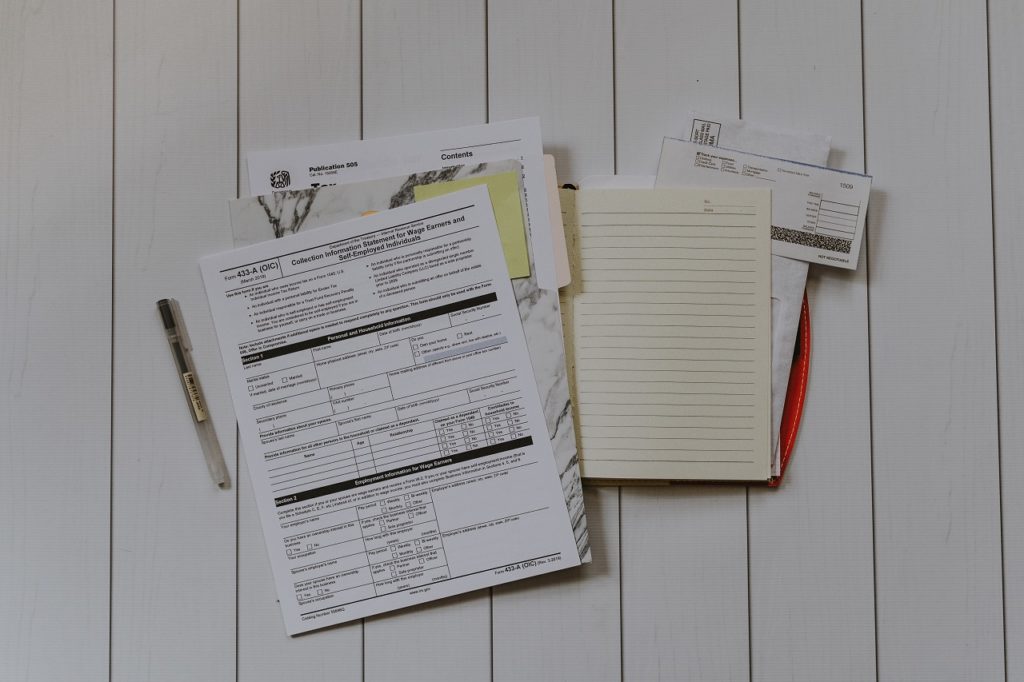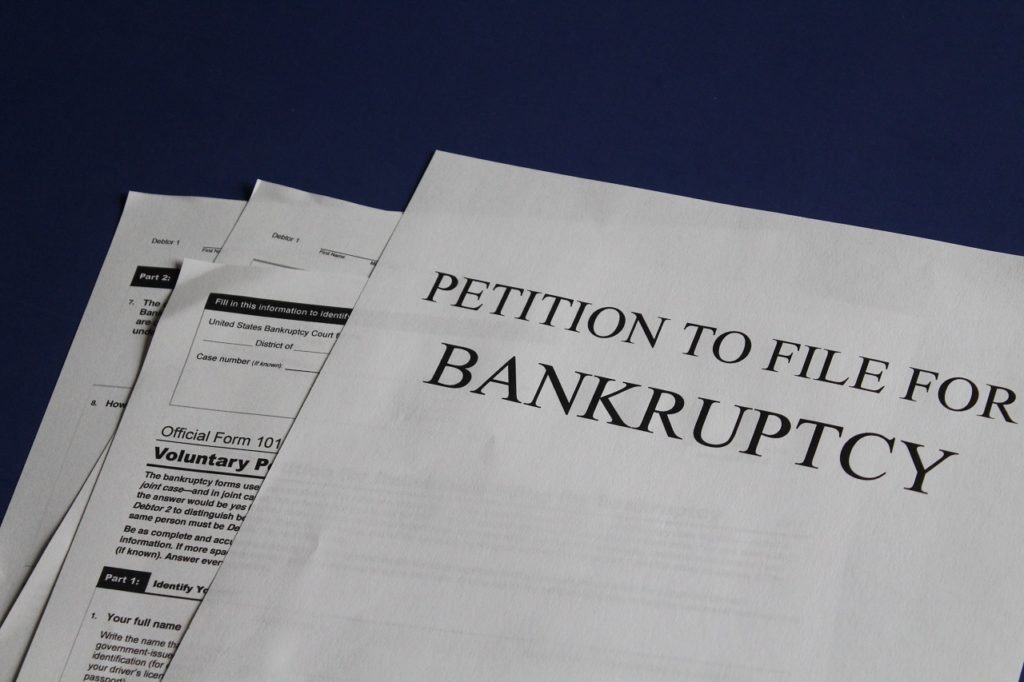If you loaned someone money and they refuse to pay, it’s only natural to think, “Can I sue someone who owes me money?” The answer is, yes, you can.
That’s why the small claims court exists. It is a specific type of court that hears cases between two parties without the need to have expensive, drawn-out lawsuits. They come in handy to help people having a hard time collecting money owed to them.
However, before you pull out the heavy artillery, try employing other debt collection strategies to see if they’ll pay up. If all tactics fail, then it’s time to use the judicial system. Here’s how to sue someone who owes you money.
File a Complaint with Your County

The first thing you need to be aware of is that there’s a minimum threshold for the amount of money you can sue for. So, if you loaned someone money for gas and they refuse to pay, that amount doesn’t meet the minimum threshold for filing a suit with the small claims court.
Find out what the limit is for your state to determine if you can go to court over the matter. To begin the small claims process, you need to file a complaint with your county. Get the forms and all the necessary paperwork and fill them out yourself.
You’ll have to pay a small fee to facilitate the process and for a court officer to serve summons to the debtor. A court hearing date will be set for the case to be heard.
Can You Sue Someone Who Has Filed Chapter 7
Unfortunately, when the person who owes you money files a bankruptcy case, the stay automatic stay goes into effect. This is a court order that stops creditors attempting to collect a debt from them. This means that any court proceedings you have going on to get them to pay you what they owe automatically stops, until the determination of the bankruptcy case.

Prepare Your Case: Do You Need a Lawyer for Small Claims Court
While the small claims process is an easy one, it doesn’t mean that you shouldn’t prepare carefully. The process is designed to be easy for anyone, especially if you want to avoid paying attorney fees.
If you’re not too confident about the process, it’s always advisable to bring a lawyer on board to help you get a favorable outcome. They’ll help you file the paperwork and receive a judgment in a short time. Most of the time attorney fees are kept quite low.
Preparing your case involves gathering all documentary evidence to prove that:
- You worked or delivered the products/services that the debtor in question ordered; or
- You loaned someone a given amount of money under the pretext that they were supposed to pay you back within a specific period
- The customer or person in question didn’t pay you what they owe
Also, you will need to show that you attempted to collect this money using all other avenues before resorting to a legal process in the small claims court. You need to provide proof of your debt-collection attempts.
Present Your Case
Once you’ve gathered all the supporting documents for your case, you’ll need to show up to court on the appointed hearing date. Present your case showing any agreements that were in place or acknowledgments from the debtor that they were supposed to pay you for products/services received.
Having invoices and sales receipts that were signed by them can go a long way in solidifying your case against them. This also applies if you loaned someone money. You need documents proving that there was an agreement in place that the amount was a loan they failed to pay back.
Small claims court cases usually last on average 10 to 15 minutes. Tell your story and answer any questions the judge asks.
With proper documentation, the ruling will usually be in your favor unless there’s some compelling reason why the debtor shouldn’t have to pay you what they owe. A favorable judgment means that the court orders the debtor to pay you the amount that’s due.
Collecting on a Judgment
Success in small claims court doesn’t equate to getting a favorable judgment. It means being able to collect the money that the debtor owes. It’s not automatic that the debtor will pay.
To collect on a judgment, you may have to get a lien on the person’s property through the court. Alternatively, a lien to order a wage garnishment can be issued. The process is fairly straightforward, but it’s easier to get a lawyer to do it for you.
Alternative to Small Claims Court: Mediation

In mediation, the settlement process is run by a mediator who brings both parties to the table to clear up the dispute and reach an amicable resolution. While the process is voluntary, the court can also mandate it.
The attorneys for each party may or may not be present during the process. However, difficult mediations necessitate respective attorneys to be present to make sure their clients aren’t short-changed at the end of the mediation proceedings.
The mediator goes back and forth between each party asking questions to clarify any areas of misunderstanding with regards to the terms of the debt. They then try to find points of agreement that are favorable to both parties.
Mediation, however, is non-binding. So, it might not be the most effective way to get money from someone who’s refusing to pay.
Final Thoughts
If you’re thinking of going the small claims court route, you should find some time and sit in on a hearing to get a feel of it. That way, you’ll know what to expect and prepare accordingly. Consult with an attorney for more information.
You can search for attorneys in our lawyer directory; or, if you have other legal questions, you can also chat online with a Laws101.com attorney where you’ll be instantly connected to a lawyer who can give you legal guidance on your specific case or question.
